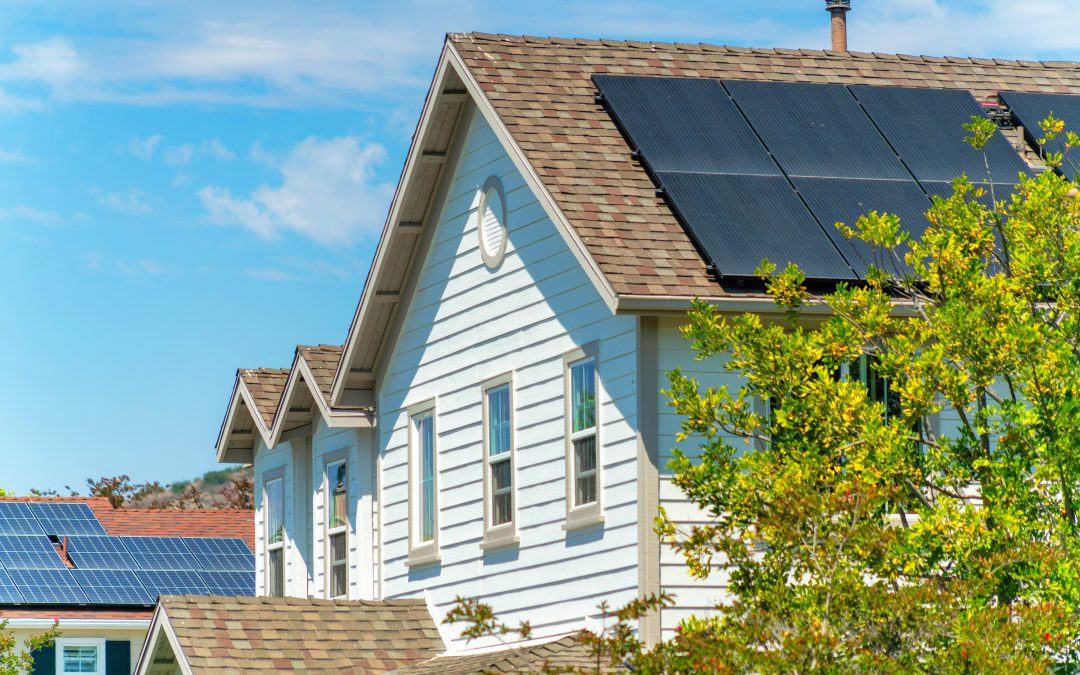In the United States, socioeconomic disparities often result in reduced access to technology and resources for certain communities. While the term “digital divide” gained prominence in the early 2000s to address this gap, today, a similar disparity exists in access to clean energy solutions. Home solar power, in particular, remains financially out of reach for many homeowners. However, Maryland has taken steps to address this issue through government programs aimed at providing support to low-income households, ensuring that all residents have the opportunity to benefit from solar energy.
Maryland’s Efforts to Promote Solar Equity
The Maryland Energy Administration (MEA) offers financial support to homeowners, covering 100% of the solar system design and installation costs up to $25,000 per home. This initiative aims to make solar power accessible to households that qualify as low income, defined as those with incomes at or below 175% of the federal poverty level.
Empowering Low-Income Residents
To qualify for the program, homeowners must have received an energy audit through the MEA Energy Efficiency Equity (EEE) program and undergone significant energy efficiency upgrades. The application process involves inspections to assess the home’s suitability for solar installation. Once approved, homeowners can expect substantial savings on their monthly power bills, depending on factors such as home size and energy usage.
Environmental Benefits and Reduction in Carbon Emissions
Transitioning to solar power represents a pivotal step towards mitigating the detrimental effects of climate change. By harnessing the abundant energy of the sun, homeowners can significantly reduce their reliance on grid energy sourced from fossil fuels, which are major contributors to greenhouse gas emissions. Unlike traditional energy sources like coal and natural gas, solar power generation produces no harmful emissions during operation, effectively curbing air pollution and mitigating climate change impacts. Moreover, solar energy systems have a minimal environmental footprint throughout their lifecycle, from production to installation and operation. By embracing solar power, homeowners not only reduce their carbon footprint but also contribute to building a cleaner, greener future for generations to come.
Commitment to Quality and Long-Term Support
Maryland’s commitment to promoting solar energy equity extends beyond just installation—it encompasses a dedication to ensuring quality and providing long-term support for homeowners. Solar systems installed through Maryland’s program are supported by industry-leading warranties, offering homeowners peace of mind and assurance of reliability. These warranties cover various aspects, including parts, labor, and power production, ensuring that homeowners receive comprehensive support throughout the lifespan of their solar systems. By prioritizing quality and long-term support, Maryland’s program not only facilitates access to solar energy but also ensures that homeowners can enjoy the benefits of clean, renewable power for years to come, further reinforcing the program’s effectiveness and sustainability.
Looking Ahead
Maryland’s initiative serves as a model for promoting solar equity and bridging the clean energy divide. As the program continues to expand, more low-income households will have the opportunity to access affordable, sustainable energy solutions. By prioritizing inclusivity and environmental stewardship, Maryland is paving the way towards a more equitable and sustainable energy future for all residents.
Are you interested in joining the shift to renewable energy?
While there are logistical issues in making the change, we can solve them all for you, easily and economically. Contact Us at Renewable Energy and we’ll show this can be done to your advantage.


Recent Comments